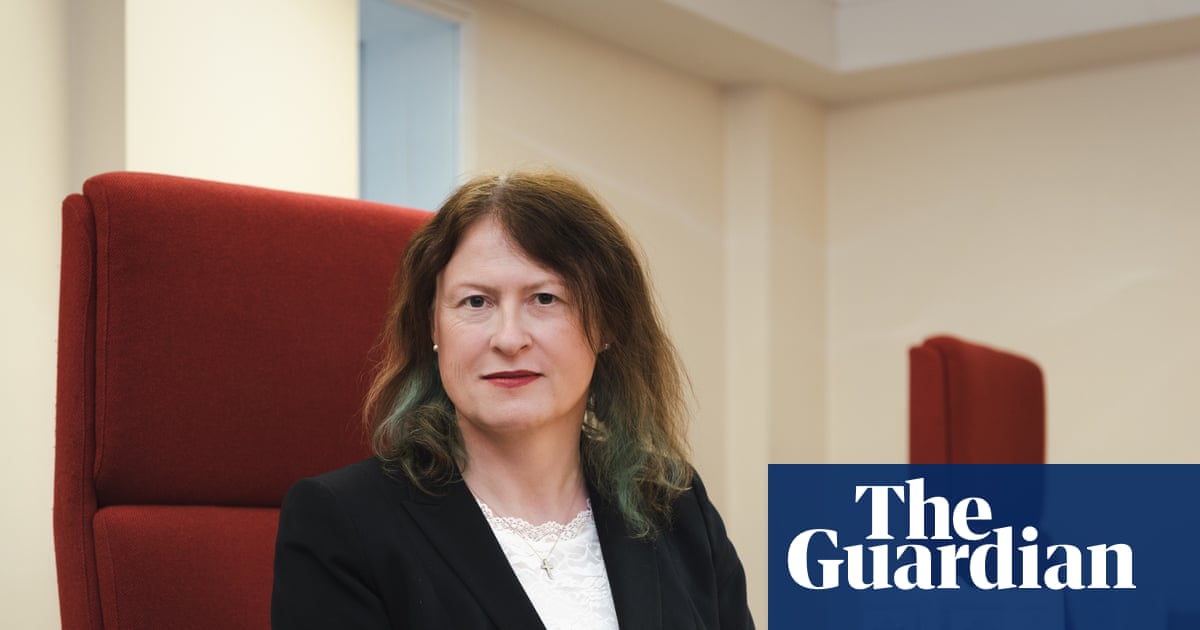
Victoria McCloud Seeks Rehearing in Groundbreaking Human Rights Case
Victoria McCloud, the UK’s first transgender judge, has initiated legal action in the European Court of Human Rights, seeking to challenge a recent Supreme Court ruling on biological sex. McCloud argues that her rights to a fair trial under Article 6 of the European Convention on Human Rights were violated when her evidence, alongside representations from other trans individuals and groups, was dismissed.
Background: Supreme Court Ruling Sparks Controversy
In April, the UK Supreme Court ruled that the legal definition of a woman under the Equality Act 2010 does not include transgender women with Gender Recognition Certificates (GRCs). The decision impacts thousands of individuals, including an estimated 8,500 people in the UK who hold GRCs. The ruling has significant implications for access to public services such as toilets, changing rooms, and other single-sex spaces. Following the judgment, policy guidance restricted trans individuals from accessing facilities aligned with their gender identity.
McCloud, now working as a litigation strategist at W-Legal, sought permission last year to join litigation challenging this exclusionary interpretation. However, her application was rejected without explanation. “The court reversed my and 8,500 other people’s sex for the whole of equality law,” she said. “We are now two sexes at once. We are told we must use dangerous spaces such as male changing rooms and loos when we have female anatomy.”
Support and Wider Ramifications
McCloud’s case is supported by the Trans Legal Clinic and W-Legal. The legal challenge asserts violations of Articles 6, 8, and 14 of the European Convention on Human Rights, which protect the right to a fair trial, respect for personal and family life, and freedom from discrimination. The Supreme Court decision continues to face criticism from advocacy groups and service providers alike, with many awaiting updated guidance from the Equality and Human Rights Commission (EHRC).
Elsewhere, For Women Scotland, the gender-critical group that initiated the Supreme Court case, has accused the Scottish government of failing to implement the ruling effectively. Their concerns center on public spaces such as schools and prisons, where policies currently allow some trans women access to areas aligned with their gender identity based on risk assessments.
Looking Ahead: What’s Next?
The EHRC is expected to release an updated code of practice, which must be approved by Equalities Minister Bridget Phillipson and undergo parliamentary review. While the proposed guidance may clarify certain terms, it has also sparked debates over the consultation process itself. John Fitzpatrick, chief executive of the EHRC, recently defended their use of supervised AI for assessing consultation responses, stating it ensures thorough analysis within tight timeframes.
This landmark case continues to shape conversations around gender identity, women’s rights, and the intersection of legal protections under UK equality law. McCloud’s fight for justice is both a personal and collective battle for recognition and equality, ensuring that all voices are heard in decisions that profoundly impact their lives.
Related Recommendation: Self-Care for Confidence
In challenging times like these, practicing self-care is vital. For those seeking to boost their confidence and emotional well-being, we recommend Charlotte Tilbury’s Magic Cream. This award-winning moisturizer enhances skin hydration and radiance, offering a nourishing moment of self-love.


